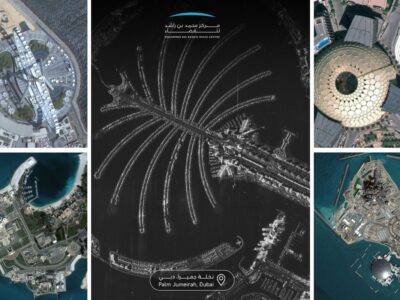Experts have warned that cybercriminals are anticipated to employ identity-based attacks against organisations and companies this year, calling for implementation of cyber threat intelligence (CTI) by public and private sector entities in the Middle East on a war footing.
The red alert assumes added significance in the backdrop of findings by the latest market study that though a vast majority of corporate and organisational decision-makers are aware of the need to detect specific cybersecurity threats targeting their entities, they often act without adversary insights.
Jamie Collier, Senior Threat Intelligence Advisor at Mandiant, a global leader in threat intelligence, said with cybercriminals changing their tactics and modes constantly, there is a need for cyber threat intelligence teams to stay one step ahead.
“With operationalising threat intelligence posing a challenge for many security functions, a requirements-driven approach to CTI is required to introduce essential building blocks for a thriving intelligence capability within an organisation,” Collier told Arabian Business.
He said CTI serves a broad purpose – to inform, advise, and empower stakeholders within an organisation – thus equipping CTI teams in organisations to work optimally in resource-constrained environments.
“Effective prioritisation and ranking of intelligence requirements facilitate resource allocation and task triage, enabling teams to focus on initiatives that genuinely enhance security outcomes,” Collier said.

Survey reveals cyber attacks from North Korea, Russia, China most difficult to handle
A recent survey by Mandiant showed that almost half of the respondent organisations in the Middle East – 44 percent to be precise – reported that their organisation had suffered a significant cyber attack in the past 12 months, defined as one that had caused demonstrable harm.
The survey also revealed that as high as 49 percent of companies and organisations in the region saying they are unable to fully defend themselves from cyber attacks from North Korea, followed by Russia (48 percent), China (43 percent) and Iran (43 percent).
Collier said the survey showed that while 96 percent of security decision-makers in Middle Eastern organisations believe it is important to understand which threats could be targeting their organisation, a vast majority – 79 percent – of respondents make decisions without adversary insights the majority of the time.
CTI market in Middle East to hit $31 billion by 2030
The growing need for tackling cyber crimes is projected to lead to a sharp rise in demand for cyber threat intelligence, with Frost & Sullivan predicting the cybersecurity market in the Middle East to reach $31 billion by 2030, from an estimated $7.5 billion last year.
This growth is driven by governments in the region implementing measures to safeguard their infrastructure.
Collier said leading the sector in the region are the UAE, Saudi Arabia, and Israel, which have established themselves as preferred destinations for industry academics, businesses, research, and innovation due to their cybersecurity industries and government policies.
“The UAE, in particular, aims to foster collaboration among information security leaders to address critical challenges and enhance the cyber resilience of businesses and enterprises in both the UAE and globally,” he said.

Middle East companies making rapid progress in detecting cyber threats
Collier said Mandiant’s M-Trends 2023 report observed that when comparing how threats were detected, there was a general increase in the number of organisations that were alerted by an external entity of historic or ongoing compromise.
“Organisations in Europe, the Middle East and Africa (EMEA) were alerted of an intrusion by an external entity in 74 percent of investigations in 2022, compared to 62 percent in 2021,” the report showed.
The report also revealed that the dwell time – the median number of days an attacker remains undetected in a target’s environment – in the EMEA region has been reduced to less than three weeks in 2022, a significant improvement of 58 percent compared to the previous year when it was 48 days.
“This finding underscores the progress made in detecting and mitigating threats more swiftly, thereby enhancing the overall security posture in the EMEA region,” Collier said.





